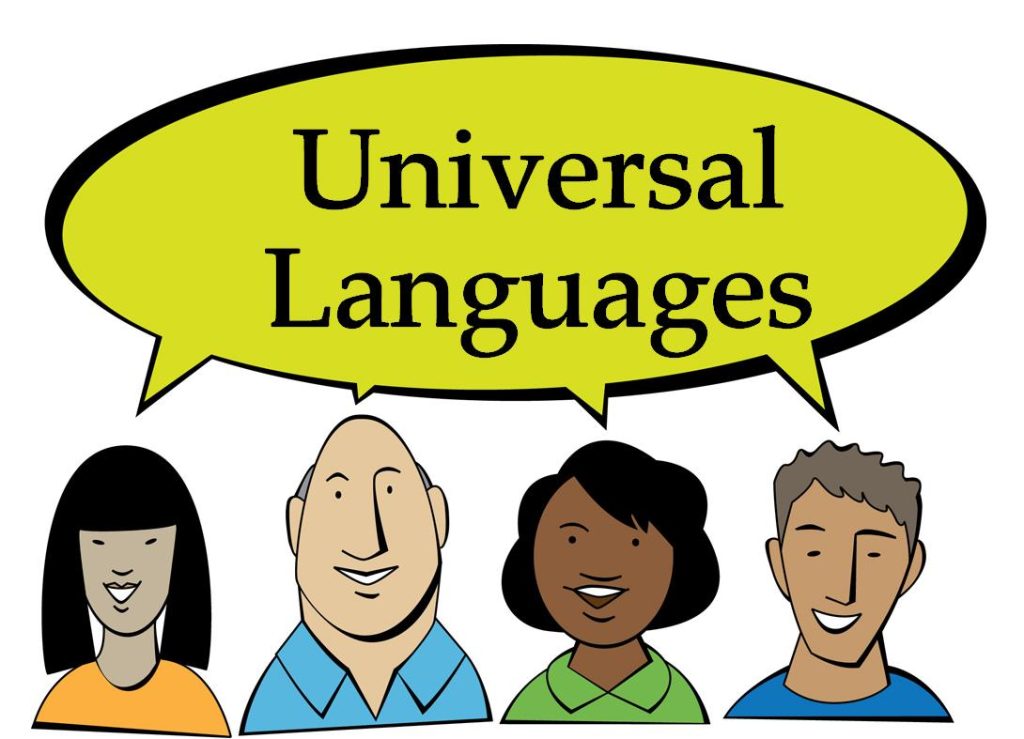It Is Good to Be Thankful: Appreciation makes the world a better place…
The idea of a universal language probably dates back to the biblical account of the tower of Babel. At that time, there was only one language spoken, referred to by scholars as the Adamic language. People got together to build a tower up to the heavens. God decided to slow down the progress by confusing the languages. The project was abandoned for lack of communication.
Today, universal language means “a language intended to further communication and goodwill among people speaking different languages without necessarily replacing their native tongues.”
The word “language” means more than just the spoken word. It can be anything that communicates. We can communicate with others using sounds, gestures, symbols, or words that express or represent objects, emotions, concepts, meanings, ideas, or thoughts.
Many have had their own ideas of universal language.
The American poet Henry Wadsworth Longfellow said, “Music is the universal language of mankind.”
Inspirational author William A. Ward said, “A warm smile is the universal language of kindness.”
Lecturer and astrologer Chrissie Blaze says, “Prayer is the universal language of the soul.”
Having done a bit of traveling, I’ve discovered a world full of “universal languages”—things people seem to understand regardless of their native tongue. My list would include: laughter, babies, acts of kindness, facial expressions, hand gestures, shaking a head to indicate “yes” or “no,” pain, art, graffiti, pantomime, winning, losing, certain sports, restroom icons, and road signs.
And let’s not forget McDonald’s golden arches! I’ve seen them while cruising down the Nile in Egypt, by the Pantheon in Rome, on cobblestone walkways in Germany, and many other remote places. I remember traveling up to the high mountain village of Ronda in Spain, so far up in the mountains you get a nosebleed trying to get there. The village stands on a towering plateau, divided by a plunging river gorge. The gorge is spanned by a spectacular bridge called “Puente Nuevo,” built in the eighteenth century. It separates the old Moorish town from the newer portion of the city. Known for its breathtaking views, it was a sight to behold. There, near that magnificent bridge, is a vision hard to forget—a McDonalds!
I guess my favorite “universal language” symbol comes in the form of jewelry. For when I see someone wearing a cross or crucifix, I usually find a Christian, a kindred spirit who believes in the life, death, and resurrection of Jesus.
In Christianity, the cross represents Christ’s victory over death and sin. Perhaps belief in Jesus is the greatest “universal language” of all. All those who believe, understand what that means. I am so thankful that through Jesus, salvation was made available for all nationalities, all races, all genders—the rich or poor, the free man or slave, the young or old—no matter what language they speak.
*****
“It is a good thing to give thanks unto the Lord...” ~ Psalms 92:1 (KJV)


